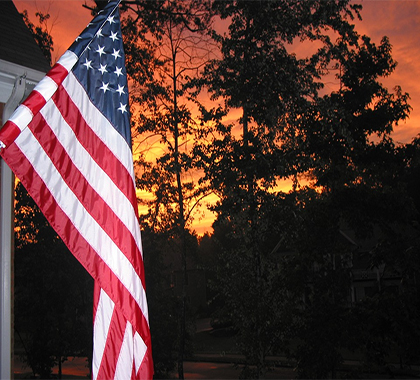A joint resolution calling on Congress to convene a convention for drafting new constitutional limits on the federal government is moving through the Wisconsin State Legislature.
The Wisconsin State Assembly approved Assembly Joint Resolution 21, sponsored by state Sen. Chris Kapenga (R-Delafield), on June 14. The resolution, now under consideration by the state Senate, would officially call on Congress to convene an amendment convention.
The resolution is based on model legislation proposed by the Balanced Budget Amendment Task Force (BBATF).
Article V of the U.S. Constitution establishes methods for proposing and enacting amendments. After 34 states call for an amendment convention, the gathering of commissioners selected by the states is limited to consideration of amendments requiring the federal government to enact the proposal specified by the call.
Currently, 28 states have passed resolutions consistent with BBATF’s draft resolution.
Trickle-Down Damage
Reining in the national government’s debt is of utmost importance, says Kapenga.
“We are facing a potential economic crisis,” Kapenga said. “The national debt is a drag on the economy and negatively impacts the economies of the individual states. It also puts the individual states at risk. Every 1 percent increase in the interest rate consumes nearly 1 percent more of our GDP [gross domestic product] for debt service. As the federal government is forced to spend more servicing the debt, it puts the funds it allocates to the states more at risk. These cuts would force state legislators to either raise taxes or cut programs.”
Empowering the States
The Founding Fathers gave the states the authority to rein in the federal government, Kapenga says.
“The Founders tasked the states with fiduciary responsibility for the people,” Kapenga said. “When Washington is not acting in the best interests of the people, the Constitution requires us to protect our constituents. As state legislators, we have a responsibility to step up and defend the people when we see abuses of power.”
Loren Enns, director of state campaigns for BBATF, says the nation’s founders deliberately empowered the states to serve as a check on the national government.
“The Founders would not have included a mechanism for the states to amend the Constitution if they did not intend the states to use it, or thought that it would jeopardize the freedoms the document was designed to protect. ” Enns said.
Convention-al Wisdom
Amendment conventions are not as scary or strange as some people claim, Enns says.
“A convention is a legislative body, just like Congress or any state legislature, and thus it has a check on its power, just like the states and Congress,” Enns said. “Except in the case of the convention, it requires the signatures of 76 legislative bodies—38 states and two chambers per state—as opposed to only one signature required by Congress or a state legislature—the president’s or the governor’s. Therefore, the democratic process we find in a convention is 76 times safer than the democratic process found in Congress or any state legislature.”


